
These 4 common prescription drugs may be silently damaging your nerves

Did you know that around 70% of Americans under age 64 take at least one prescription medication? That figure comes from Mayo Clinic research, and—as you might expect—the numbers climb sharply with age. According to the CDC, nearly 90% of adults over 65 are on prescription medications, and many of them take five or more drugs at the same time.
This pattern reflects more than just medical progress—it highlights a cultural tendency to reach for a medication to fix each new symptom. Over time, this can create a “prescription cascade,” where one drug causes a side effect that leads to another drug, and then another. It’s not unusual for older adults to manage nine to thirteen different medications daily.
Today, we’re pulling back the curtain on four categories of commonly prescribed drugs that have been scientifically associated with peripheral nerve damage (also known as neuropathy). These insights echo warnings raised by neurologist Dr. John Coppola, and they are essential for patients who want to protect their long-term nerve health.
Key Takeaways
-
Many widely used prescription drugs—including everyday medications taken by millions—list peripheral neuropathy as a possible side effect.
-
Four medication classes are particularly noteworthy:
anti-anxiety drugs, antidepressants, calcium channel blockers, and statins. -
Certain drugs, such as duloxetine (Cymbalta), may be difficult to stop due to withdrawal symptoms, which can create cycles of dependence.
-
You should never stop, adjust, or replace any medication without guidance from your prescribing doctor. This information is intended to help you hold informed, empowered conversations with your healthcare provider.
⚠️ Important Disclaimer
Before we go further, one point cannot be overstated:
Do NOT discontinue or adjust any medication on your own.
Some medications must be gradually tapered under medical supervision to avoid dangerous or even life-threatening consequences. This article is for educational purposes only and is meant to help you discuss concerns with a qualified professional.
4. Anti-Anxiety Medications (Anxiolytics)
About 1 in 5 Americans aged 12 to 80 takes some form of anti-anxiety medication. These drugs—often used for both anxiety and sleep—can be very effective when used short term. But long-term use brings risks that many patients never hear about, including potential peripheral nerve damage.
Common anxiolytics include:
-
Ambien (Zolpidem)
-
Buspar (Buspirone)
-
Valium (Diazepam)
-
Klonopin (Clonazepam)
-
Xanax (Alprazolam)
-
Ativan (Lorazepam)
These medications can alter brain and nerve signaling, which is part of why they work—but also why prolonged use may negatively affect nerve health. They were originally designed for short-term use, yet many individuals take them for years.
If you rely on these medications for sleep or daily functioning, it’s important to discuss a long-term, root-focused plan with your clinician. Lifestyle changes, cognitive-behavioral tools, and sleep-supportive habits may offer safer long-term relief while helping protect nerve function.
3. Antidepressant Drugs
Antidepressant use in the U.S. has grown over 400% since the 1980s, and today, the National Institute of Mental Health reports that about 1 in 4 adults has taken one. These medications can be life-changing and life-saving for many—but like all drugs, they come with risks, including the potential for nerve-related side effects.
Commonly prescribed antidepressants include:
-
Prozac (Fluoxetine)
-
Celexa (Citalopram)
-
Cymbalta (Duloxetine)
-
Mirtazapine
-
Effexor (Venlafaxine)
-
Amitriptyline
-
Nortriptyline
A critical note about Cymbalta (duloxetine)
Duloxetine is approved both for depression and for neuropathic pain itself. Yet paradoxically, it is known in clinical settings to trigger or worsen nerve-related symptoms in some patients.
Even more concerning is the difficulty many people face when trying to stop taking it. Cymbalta withdrawal is known for causing:
-
Debilitating dizziness
-
Nausea and vertigo
-
Severe mood swings
-
“Brain zaps” — sudden, electric shock–like sensations inside the head
Patients often describe these symptoms as intense and frightening. Safe discontinuation typically requires extremely slow tapering, sometimes decreasing the dose by only 10% every few weeks.
This does not mean duloxetine is “bad”—it means patients should be aware of the risk–benefit balance before beginning therapy.
2. Calcium Channel Blockers (Blood Pressure Medications)
High blood pressure is a widespread condition, and calcium channel blockers (CCBs) are a common prescription. While these medications can be lifesaving, some reports link them to possible disturbances in nerve signaling when used long term.
Common CCBs include:
-
Amlodipine
-
Diltiazem
-
Felodipine
-
Isradipine
-
Nicardipine
-
Nifedipine
-
Nisoldipine
-
Verapamil
If you take a CCB and are experiencing symptoms such as numbness, tingling, burning sensations, or unexplained weakness, speak with your doctor. There are several alternative classes of blood pressure medications, including:
-
ACE inhibitors
-
ARBs
-
Beta blockers
Your doctor can evaluate which medication best aligns with your health profile. If your concerns are dismissed without discussion, it may be appropriate to seek a second medical opinion.
1. Statins (Cholesterol-Lowering Medications)
Statins are one of the most widely prescribed drug classes in the world—used by over 200 million people worldwide to lower cholesterol. They can reduce cardiovascular risk for certain patients, but they also carry well-documented side effects, including potential nerve damage.
Common statins include:
-
Atorvastatin (Lipitor)
-
Fluvastatin
-
Lovastatin
-
Pitavastatin
-
Pravastatin
-
Rosuvastatin (Crestor)
-
Simvastatin (Zocor)
Statins have been associated with:
-
Peripheral neuropathy
-
Muscle pain and weakness
-
Memory problems
-
Elevated blood sugar
-
Depletion of CoQ10, a nutrient required for mitochondrial energy production
Since nerve cells require high energy, reducing CoQ10 may contribute to nerve stress in some individuals.
Some research also explores possible links between long-term statin use and certain cancers, but these associations remain under scientific review and are not considered established evidence.
Fortunately, lifestyle strategies can often help improve cholesterol naturally—such as a nutrient-rich diet, increased fiber, regular movement, and weight management. For those who need medication, alternatives like PCSK9 inhibitors or fibrates may be options to discuss with your clinician.
Conclusion: Become an Empowered Advocate for Your Nerve Health
Managing your health means understanding not only the benefits of your medications but also their potential risks. Many drugs provide important therapeutic value—but all medications have side effects, and some may contribute to nerve problems over time.
The goal is not to fear medication, but to be informed.
By learning which drugs may affect nerve health, you can:
-
Ask better questions
-
Request appropriate monitoring
-
Explore alternative treatments
-
Collaborate more actively with your healthcare team
Your health is ultimately a partnership between you and your medical providers. Staying informed and engaged is one of the most powerful tools you have in protecting your long-term nerve health.
News in the same category


Why Your Hard-Boiled Eggs Have That Weird Green Ring

The shocking truth about vitamins and blood clots in your legs

Doctors Reveal That Consuming Pineapple Causes Remarkable Health Benefits
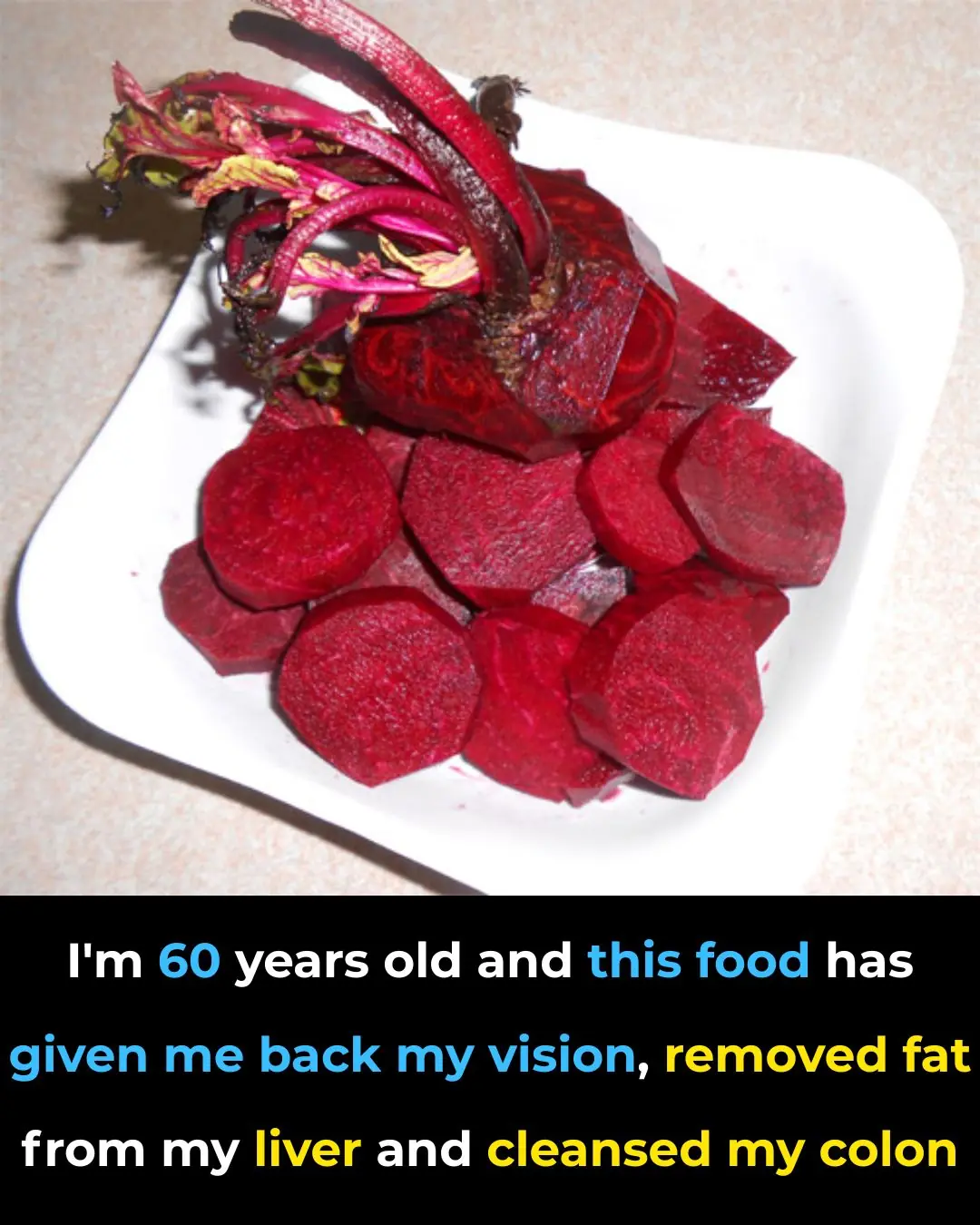
🍎 Beet & Citrus Juice: A Nutritious Drink Packed With Antioxidants (Not a ‘Cleanse’)
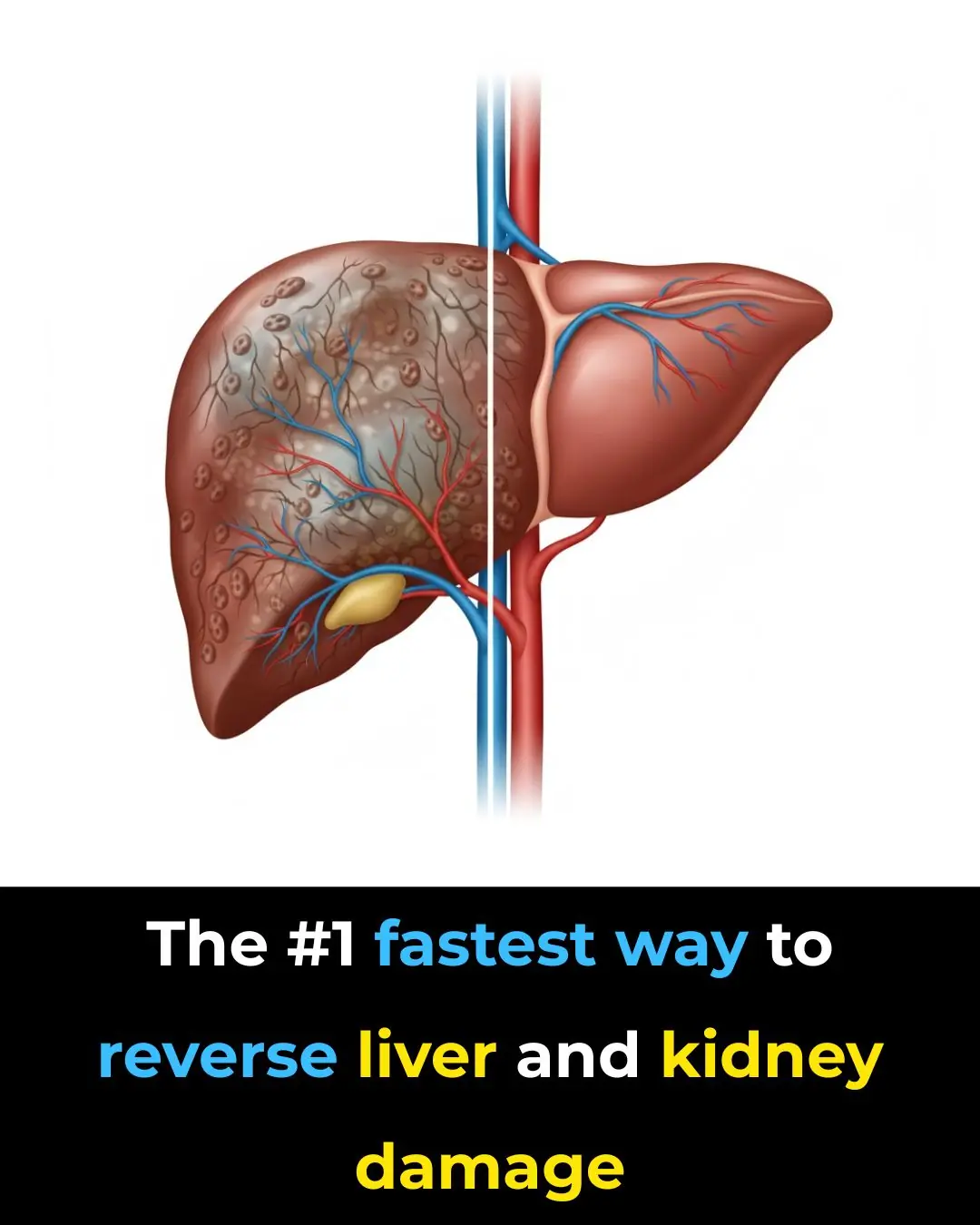
The #1 fastest way to reverse liver and kidney damage
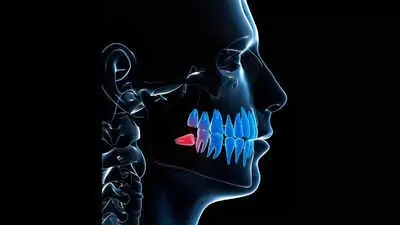
Humans are still evolving, and we’re losing our teeth
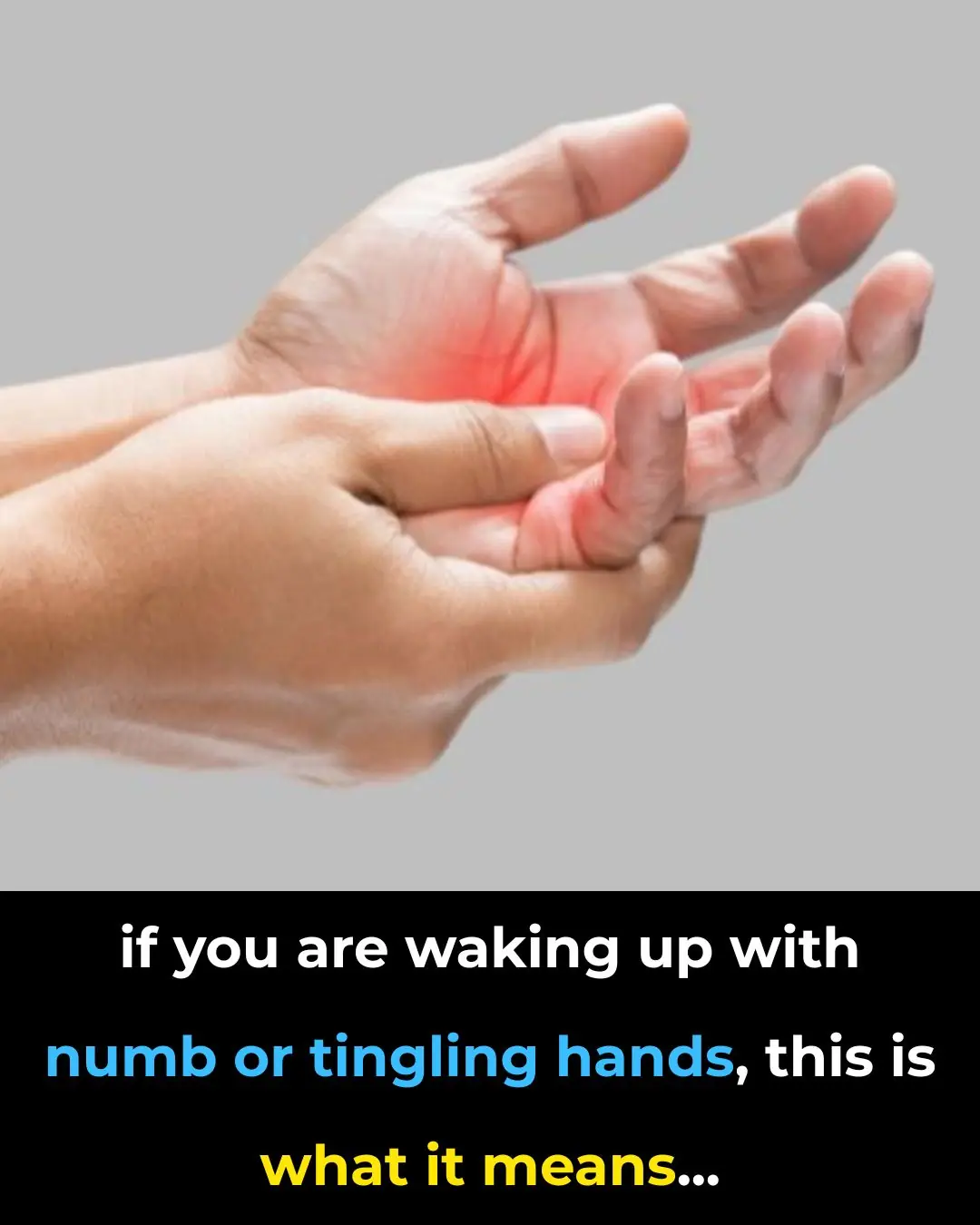
Numbness Or Tingling Sensations In Your Hands

Warning: The #1 Mistake You’re Making with Canned Tuna (Avoid Mercury!)

Eat okra every day? Here’s what happens to your body!
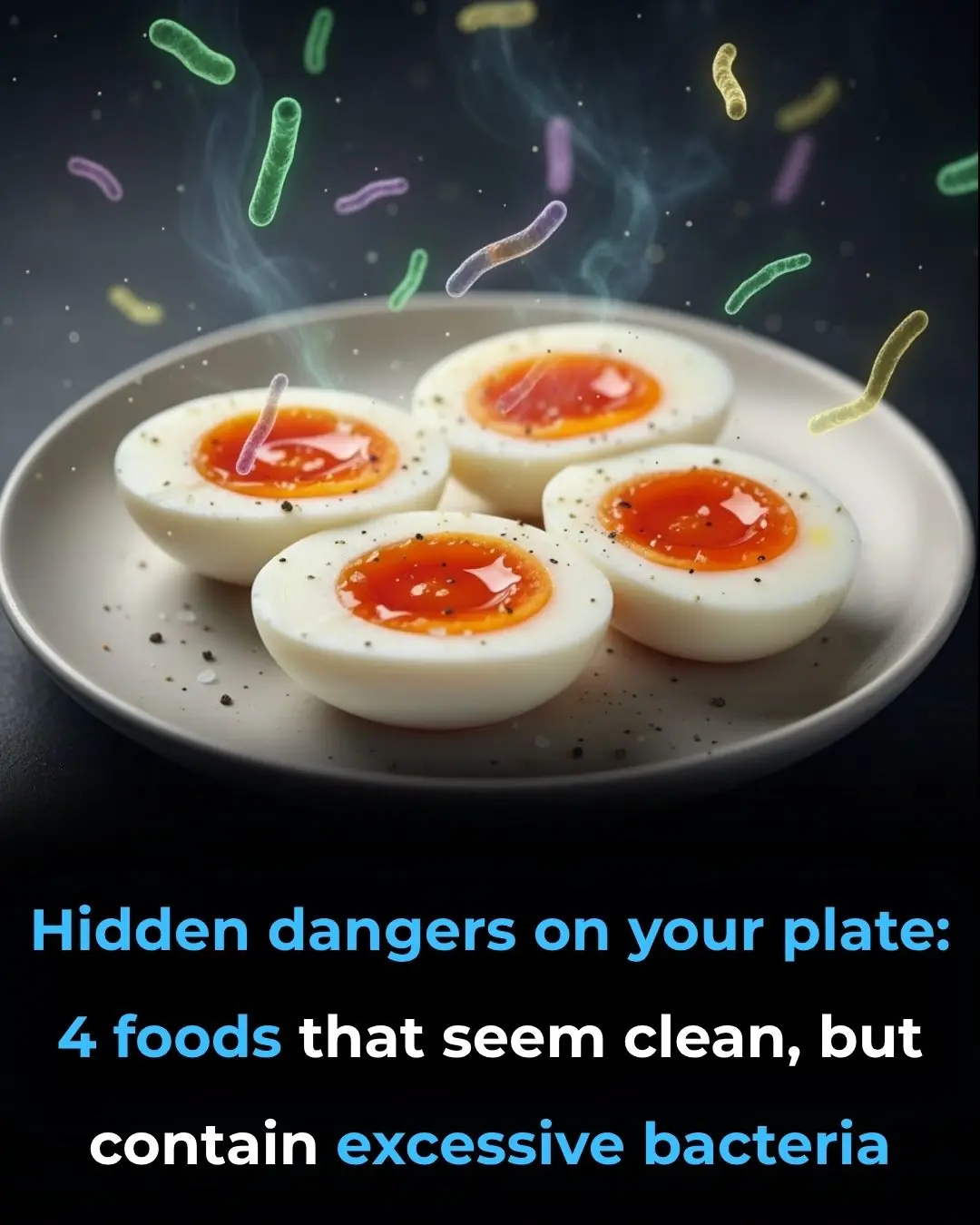
The Hidden Health Risks of 4 Foods You Thought Were Clean

Research Shows That Music Significantly Boosts Infant Brain Development

Holy basil shown to cut stress hormone cortisol by 36% in 40 minutes
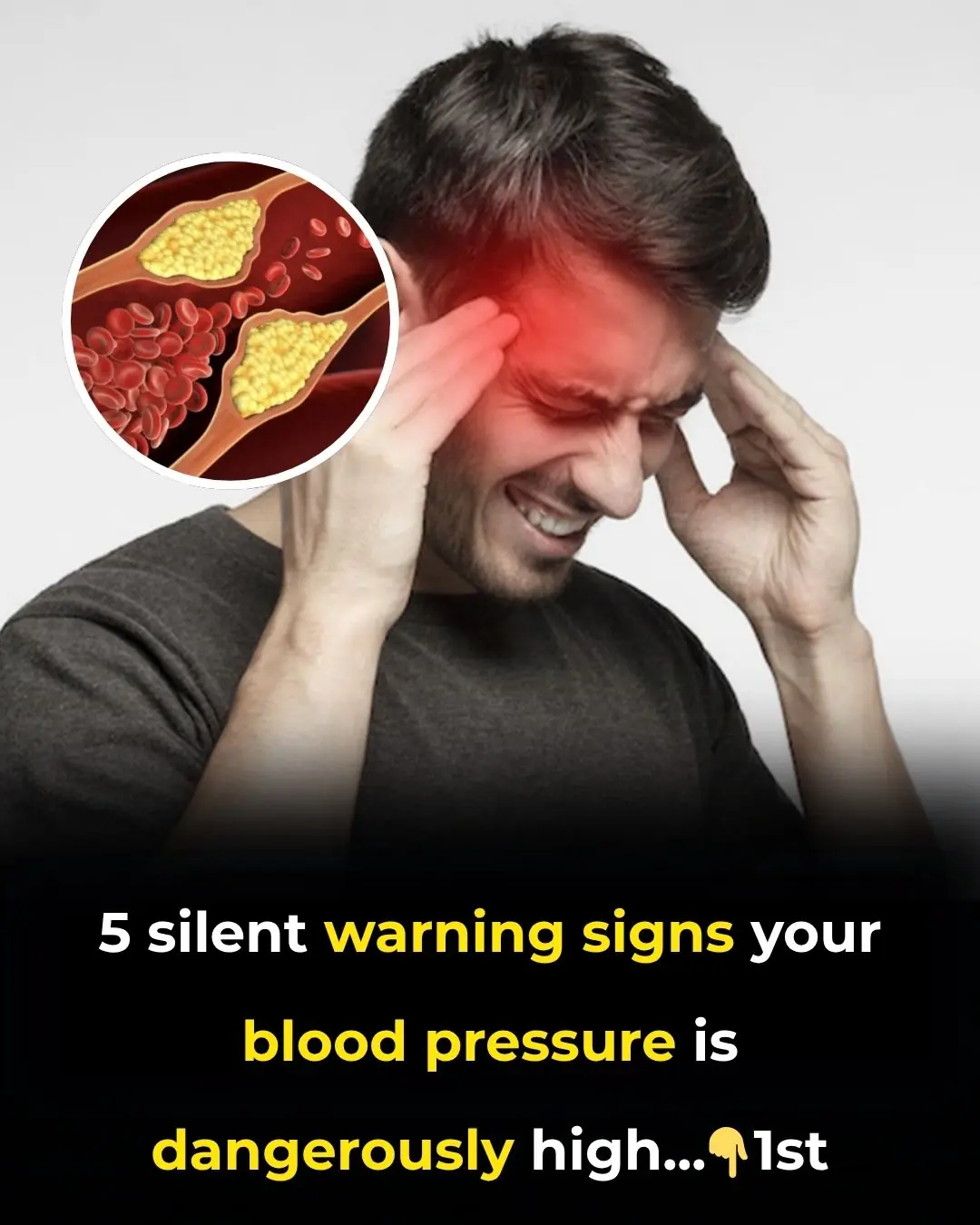
Spotting Silent High Blood Pressure: 5 Warning Signs You Must Not Overlook
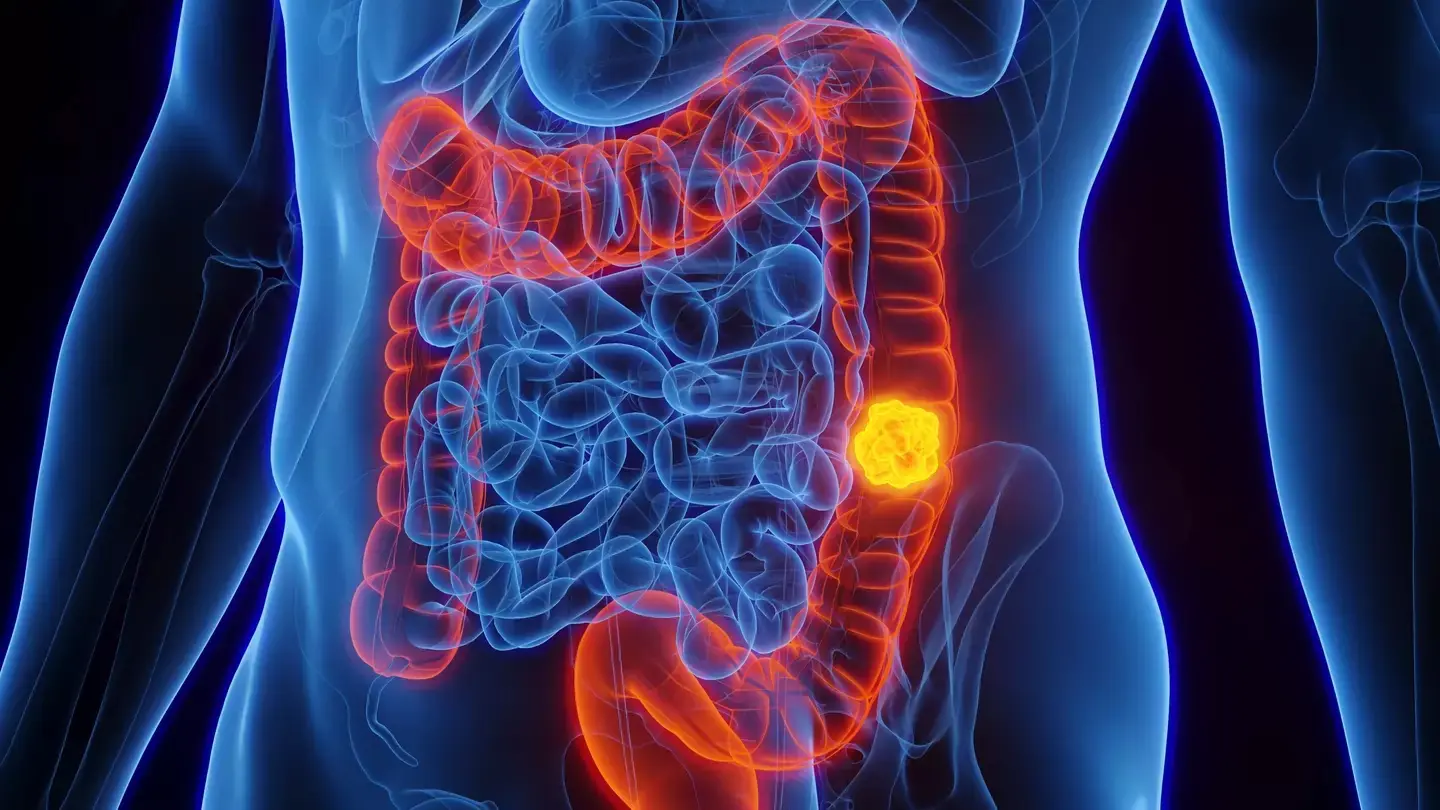
Woman reveals 5 colon cancer symptoms that shouldn’t be ignored

These 14 Foods Will Improve Your Kidneys’ Ability To Detox Like Never Before!

TO PREVENT STROKE, REMEMBER THE ‘3 DON’TS’ AFTER MEALS AND ‘4 DON’TS’ BEFORE BED — STAY SAFE AT ANY AGE

HOW TO GET RID OF PHLEGM AND MUCUS IN YOUR CHEST AND THROAT

5 Early Symptoms of Stomach Cancer That Help With Timely Detection
News Post
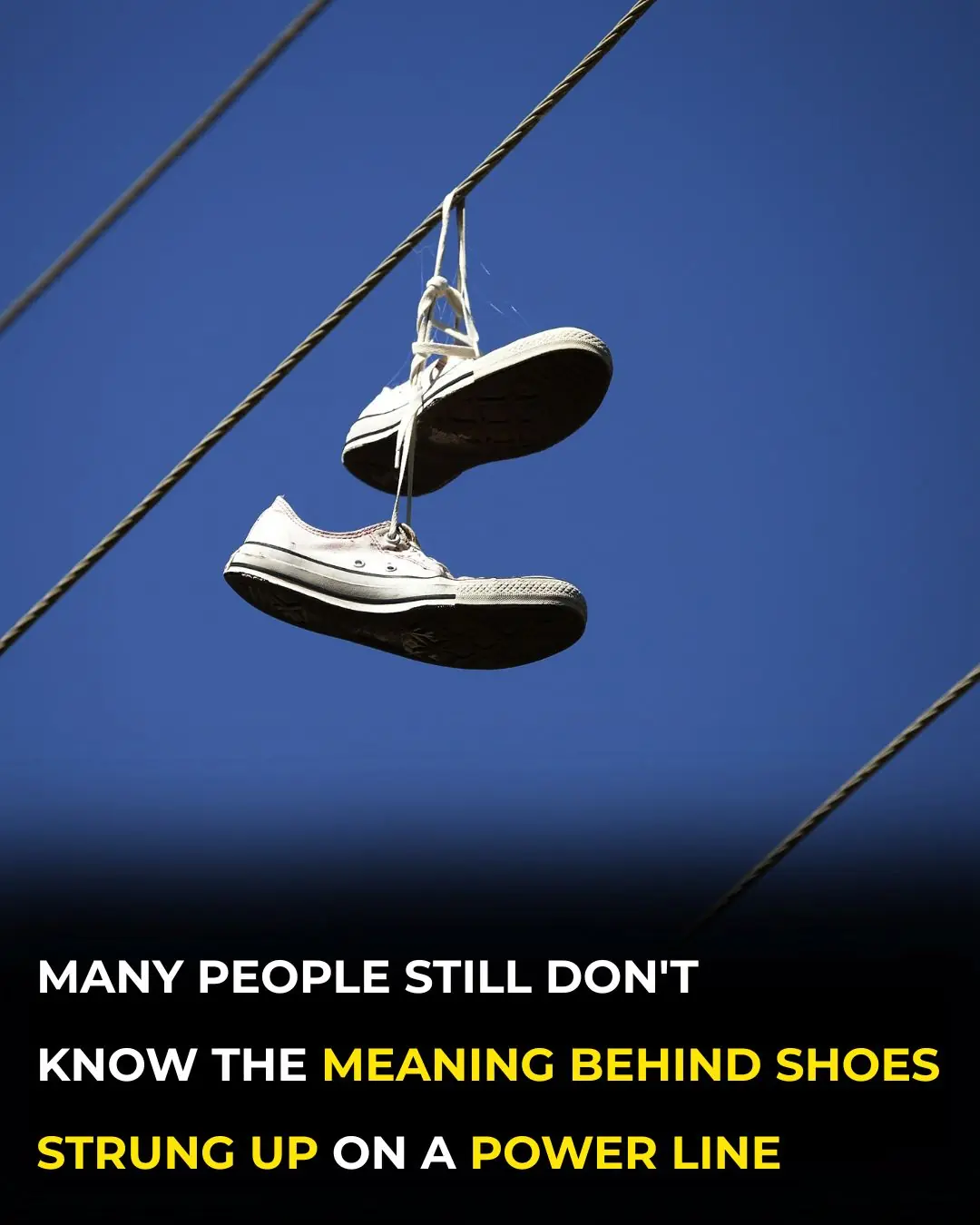
Many People Still Don’t Know The Meaning Behind Shoes Strung Up On A Power Line

Arnold Schwarzenegger’s Son Continues His Impressive Weight-Loss Journey

‘Get Out!’: Black Woman Banned from Restaurant After Refusing to Tip Waitress with ‘a Disgusting Attitude,’ But She Doesn’t Back Down, Video Shows

Stephen Hawking Predicts the End of the World Is Nearer Than We Think

Caroline Flack’s ex Lewis Burton says he’s received ‘online abuse’ in rare statement over Disney documentary

The Viral 70LB Baby That Was Featured On Jerry Springer Is All Grown Up, And You Better Sit Down Before Seeing Him Today

The Viral 70LB Baby That Was Featured On Jerry Springer Is All Grown Up, And You Better Sit Down Before Seeing Him Today

‘Wanna be from the Trenches So Bad’: Tiny Harris Claps Back After T.I. Embarrasses Son King at Their Grandchild’s First Party

3 Deadly Mistakes People Make with Water Heaters – Don’t Risk Your Life

The surprising vitamin that helps break down leg clots—are you getting enough?

Just Minced Meat, But Made This Way, It Becomes Irresistibly Delicious

Prince William steps out with King Charles for special Windsor Castle reception to mark Remembrance Day

Top 10 Occupations with the Highest Risk of Cancer

Women Who Drink Perilla Leaf Water with Lemon at These 3 Times: Brighter Skin and a Slim Waist

Why Is the Left Burner of a Gas Stove Not Ideal for Cooking?

Kelly Brook ‘horrified’ as GP offers her weight-loss jabs ahead of I’m A Celebrity stint: ‘I love my curves!’
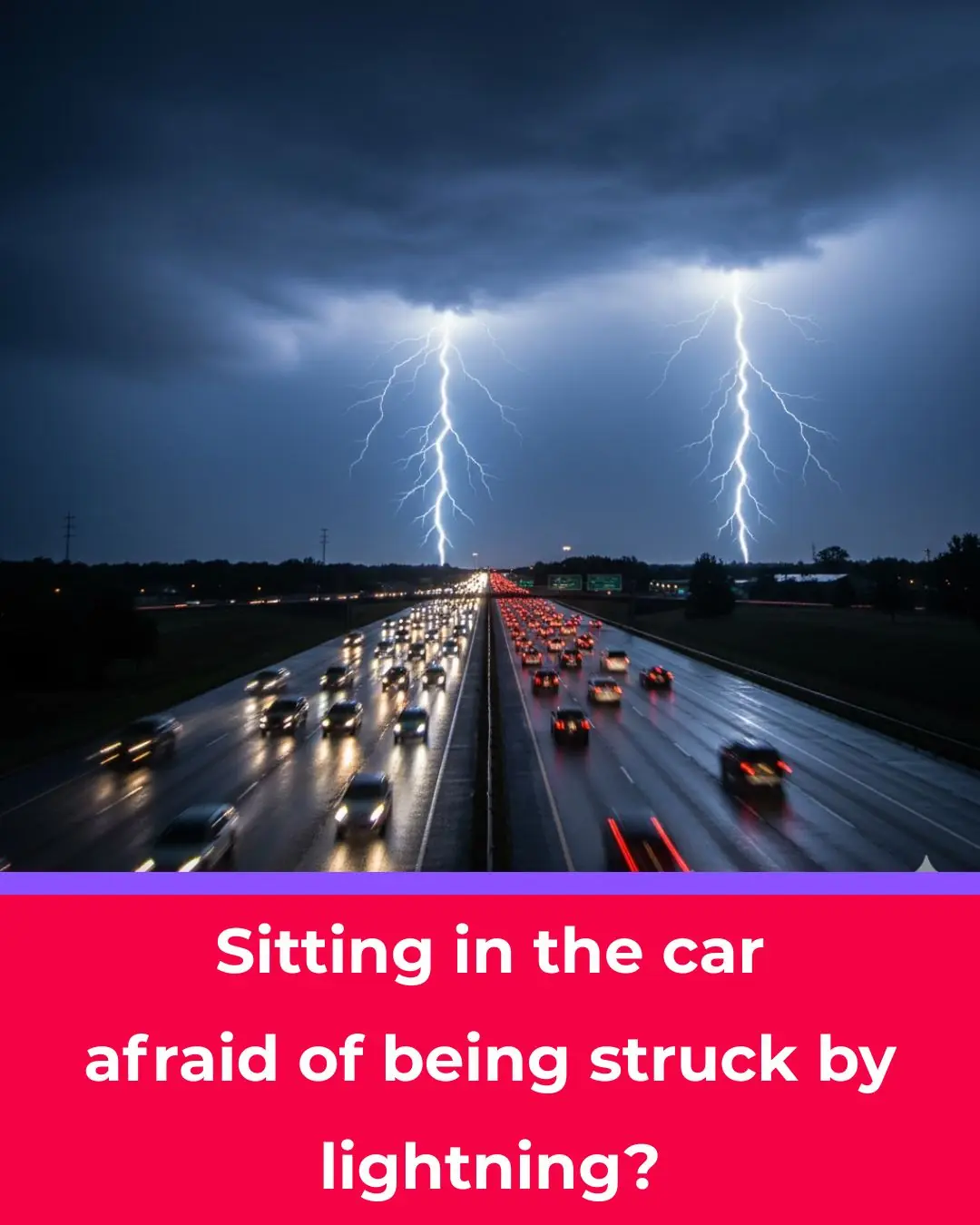
Is It Dangerous to Stay Inside a Car During a Lightning Storm?

Tips to Distinguish Naturally Ripened Bananas from Chemically Ripened Ones

Meghan Markle shares video of Prince Harry in Afghanistan in Veterans Day message
